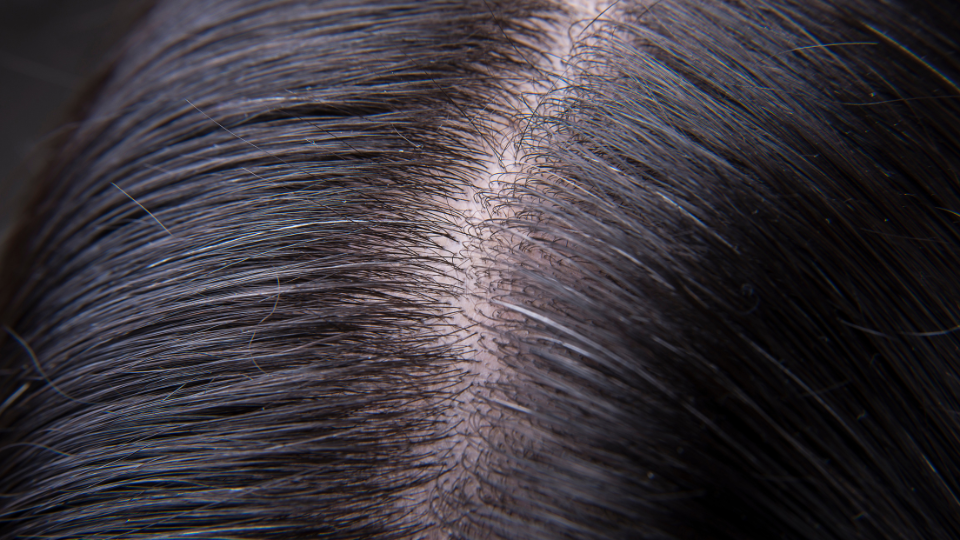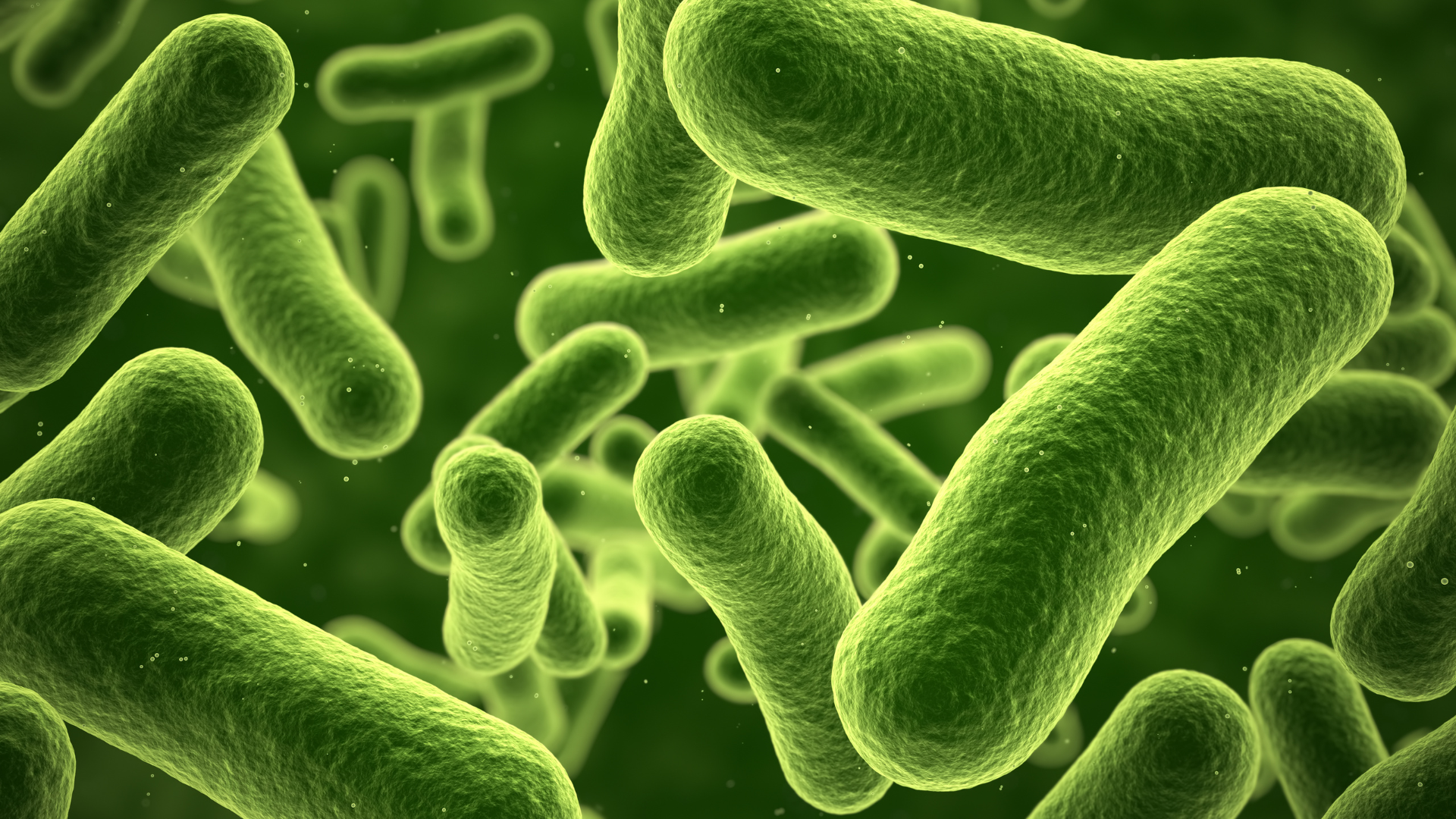Why Feeding Your Microbiome May Be the Key to Healthier Hair
The Link Between Gut Health and Hair
In recent years, the intricate relationship between our gut microbiome and overall health has garnered significant attention. Emerging research suggests that the gut’s microbial community doesn’t just influence digestion and immunity—it also plays a pivotal role in hair health. This connection, often referred to as the “gut–hair axis,” highlights how imbalances in our gut microbiota can manifest as various hair disorders.

The gut–skin–scalp axis is a critical pathway connecting gut health, scalp microbiome balance, and hair follicle resilience.
When this system is disrupted, it can trigger a cascade of microinflammation and immune dysregulation at the follicle level, setting the stage for hair loss across various conditions.
An unhealthy gut microbiome can lead to the leakage of bacterial toxins, such as lipopolysaccharides (LPS), into the bloodstream. This process sets off low-grade, body-wide inflammation, depleting antioxidant reserves—including vital defenders like vitamin E—leaving the skin and scalp vulnerable to dryness and damage.
The gut microbiome is more than a digestive aid; it’s a central player in immune system training. Beneficial bacteria like Bifidobacteria and Lactobacillus stimulate the development of regulatory T-cells (Tregs), which suppress unnecessary immune reactions. This process, known as oral tolerance, enables the body to accept harmless dietary components and environmental exposures without triggering an inflammatory or allergic response.

At the scalp level, a disrupted microbiome allows opportunistic organisms, such as Malassezia yeast or Staphylococcus bacteria, to overgrow. This overgrowth leads to itchiness, flaking, and irritation, creating microinflammation around hair follicles—a subtle yet destructive force.
How Microbes Influence Hair Loss Conditions:
- Seborrheic Dermatitis: Characterised by insufficient vitamin E, poor sebum quality, and a hostile microbial environment, leading to dryness, itchiness, and flaking.
- Scalp Psoriasis: An autoimmune attack on skin cells results in thick, scaly plaques. Gut imbalance can exacerbate the immune system’s hyperreactivity, worsening scalp flares.
- Central Centrifugal Cicatricial Alopecia (CCCA): Predominantly affecting women of African descent, this scarring hair loss accelerates when inflammation, potentially fuelled by microbiome disruption.
- Frontal Fibrosing Alopecia (FFA): A scarring condition along the hairline, associated with autoimmune and hormonal factors, potentially intensified by underlying inflammation and immune disruption.
- Chronic Telogen Effluvium (Diffuse Hair Loss): Widespread shedding often linked to stress, nutrient deficiencies, and chronic inflammation. Poor gut health can impair nutrient absorption (iron, zinc, B vitamins), tipping the balance toward hair loss.
- Alopecia Areata (AA): An autoimmune condition where the immune system targets hair follicles, halting growth. Gut-driven immune dysfunction may initiate this autoimmune cascade.
- Androgenetic Alopecia (AGA): Hormone-related hair thinning, worsened by local scalp inflammation that accelerates follicle miniaturisation. Gut bacteria influence hormone clearance and can increase circulating androgens, amplifying inflammatory damage at the follicle.
When the gut microbiome is diverse and healthy, it maintains a strong gut barrier, preventing larger food particles and toxins from entering the bloodstream and triggering immune overactivation.
Conversely, dysbiosis can lead to:
- Food sensitivities
- Environmental allergies
- Skin inflammation (including eczema and psoriasis)
- Potential autoimmune reactions (e.g., alopecia areata)
Unlike older microbiome tests that only identified broad bacteria types, shotgun metagenomicsprovides species-level analysis of bacteria, fungi, viruses, and archaea—all mapped against your symptoms. It tells us not only what’s there, but also what they’re doing.
In the context of hair loss, it allows us to:
- Detect overgrowth of harmful gut species that release toxins like lipopolysaccharides
- Link gut microbial imbalances to nutrient depletion (e.g., low biotin, B12, zinc, iron)
- Track inflammation-driving species that may contribute to autoimmune flares like alopecia areata or scalp psoriasis
Your gut plays a fundamental role in educating your immune system, teaching it what to tolerate and what to fight.
The bacteria living in your gut also help regulate nutrient absorption, inflammation, and hormone metabolism—all of which are critical for healthy hair growth. With the advent of shotgun microbiome testing, we now have the ability to personalise treatment strategies with an unprecedented level of precision.




